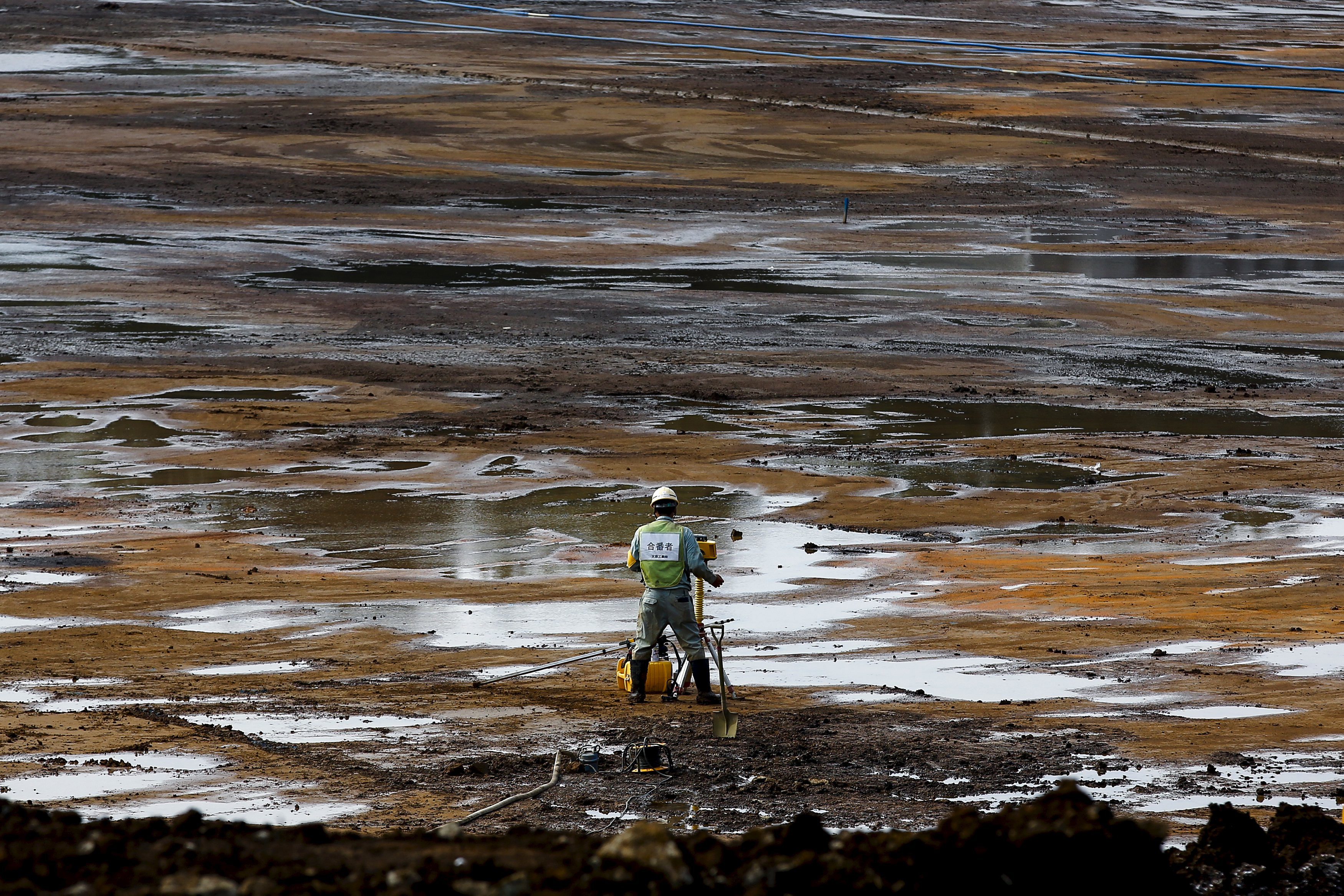Prime Minister Shinzo Abe said Friday the ultimate responsibility to complete a new National Stadium by the 2020 Tokyo Olympics fell on him, pledging a complete effort to make the event successful.
Amid opposition calls for education and sports minister Hakubun Shimomura to resign in order to take responsibility for mishandling construction of the new venue, Abe said, "The government has the responsibility for making (the 2020 Tokyo Olympics) the event to move people of the world, and the ultimate responsibility lies with me."
"We will make an all-out effort to complete the stadium by 2020," he said during a Lower House budget committee meeting.

















With your current subscription plan you can comment on stories. However, before writing your first comment, please create a display name in the Profile section of your subscriber account page.